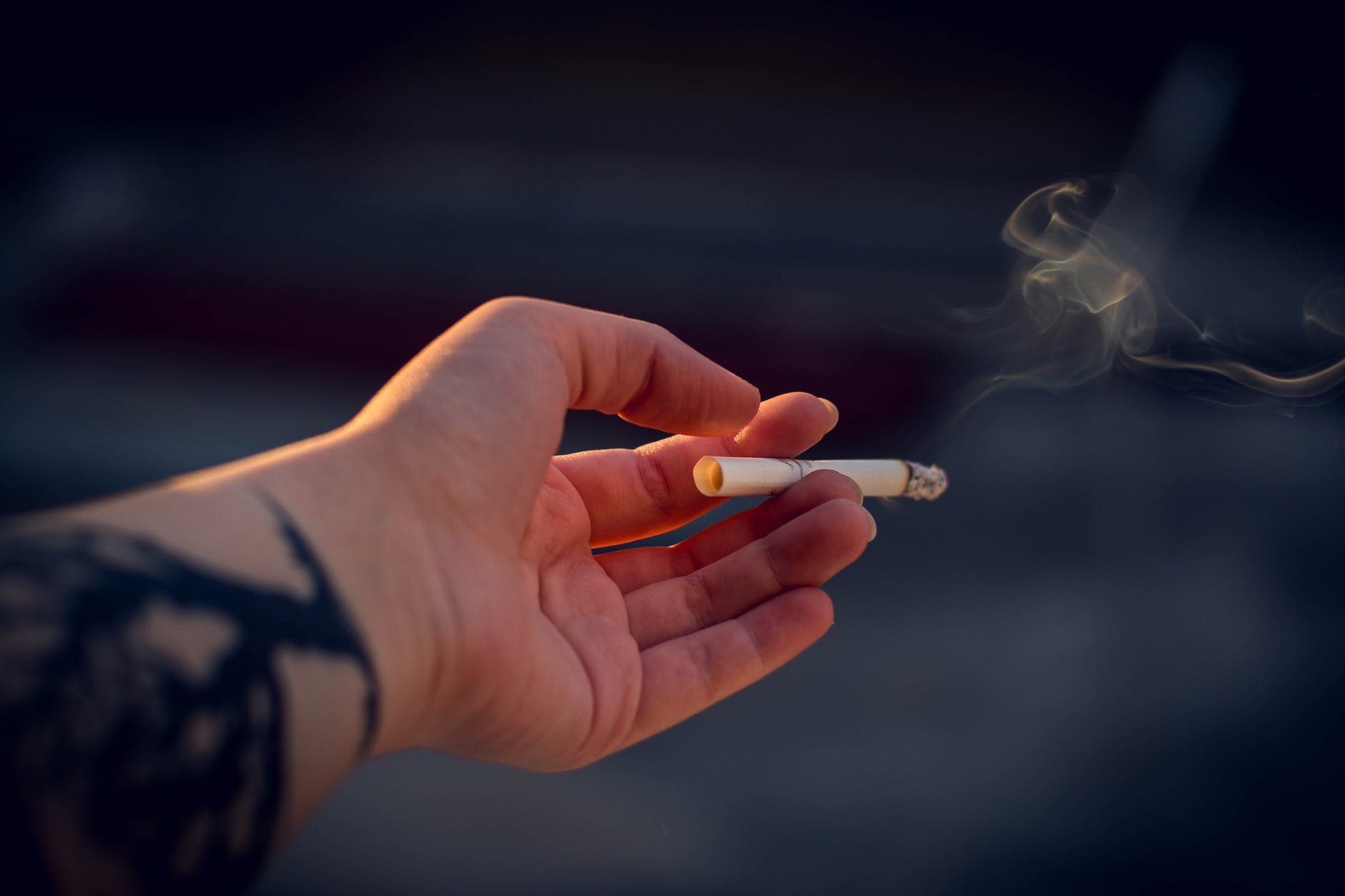Are you quitting Smoking? Most of the discomforts experienced by recent ex-smokers are similar to the common cold or flu. It can make it difficult to know if you are sick or not. A telltale sign that your symptoms are caused by more than just the smoker’s flu is fever. Fevers are not a sign of nicotine extraction.
Table of Contents
The Following Questions can help you understand Why you are not Feeling Well:
Are you using Smoking Cessation Aid?
Smoking cessation aids can reduce or eliminate nicotine withdrawal symptoms. Almost everyone who quits smoking reduces nicotine cravings to some degree. While smoking may still missed, the physical sensations of nicotine withdrawal will not be as intense as they could be without the help of quitting. If you leave the turkey cold (without the help of any help), expect the symptoms to be extreme for the first few days as your body begins to flush out residual nicotine and adjust to habits. Healthier.
When did the Symptoms Start?
Think about when you started feeling bad. If the timing coincides with the time you quit smoking, the chances are high that you’re dealing with nicotine withdrawal. However, if your symptoms do not improve within a few days, or if you are concerned, call your healthcare provider for a checkup.
Relieve the Discomfort of Nicotine Withdrawal:
Quitting smoking is quite tricky, but it is one of the best things you can do for your health. These tips will help you feel better when you quit smoking:
Have Fun:
Distraction is one of the best tools available during early smoking cessation.3 It is easy for our brains to get stuck on a negative path, focus on physical irritations, and make ourselves feel worse. Get out of a negative mental state or obsessive desire by rapidly changing your activity for a few minutes. Something as simple as waking up to pour a glass of water or taking a deep breath can keep you from smoking a cigarette.
Exercise:

Exercise reduces cravings4 and improves your mood by releasing endorphins in your brain. If you exercise regularly, keep doing the activities you prefer. If you’re new to exercise, see your doctor, especially if you have any health issues that could be a problem. Once you’ve got the permission from your doctor, start slowly. A short walk around the block may be enough to control the withdrawal symptoms. Walking offers an instant reward, which helps you feel good instantly.
Eat Well:
The fuel you give to your body during nicotine withdrawal can reduce or worsen your negative symptoms. Think about how your body reacts to the intake of food under normal circumstances.
Eating unhealthy foods can trigger spikes and blockages in blood sugar, leaving you feeling fatigued or fatigued throughout the day. Foods that keep your body in balance will provide you with sustained energy during your detox from cigarettes. That said, if you never meet your cravings for food, deprivation could increase the urge to smoke. Instead, try to edge the less healthy foods you eat by following the 70/30 rule—Reserve 70% of your daily calories for nutritious meals and 20% for occasional treats.
Get Enough Rest:
When you quit smoking, then your body works hard to rid itself of toxins and get rid of the physical habit of nicotine. Give yourself permission to go to bed quickly or take a nap if you need to. Don’t panic; your energy will come back on time.
Increased Risk of Influenza in Smokers:
Although symptoms may initially cause by nicotine withdrawal, be aware that smoking significantly increases your risk for the flu, pneumonia, and other respiratory illnesses. If you acknowledge a fever in addition to the withdrawal symptoms, see a doctor. The good news is that quitting smoking reduces your vulnerability to respiratory illnesses daily.
Conclusion:
For most smokers, you are quitting smoking results in one or more withdrawal symptoms. Changing your old habits is difficult, especially if you’ve been inhaling several times a day for years. Quitting smoking can be overwhelming. It may seem that your mind is trying to convince you to start smoking again. However, nicotine withdrawals are temporary. Endure the discomfort of seeing your symptoms as confirmation that your body is recovering from the addiction. Better days will come soon.


